Don’t listen to anyone who tells you you can be fluent in Japanese in just three months. Or six months. Or a year.
Those people are trying to sell you something. Always.
Benny’s trying to sell you on his books and courses and PDFs and shit. But look at the result of him trying to become conversationally fluent in Japanese and you’ll see it was a colossal fail.
Tim says he attained conversationally fluency in Japanese in six months when he was completely immersed in Tokyo during his school years. But to this day he’ll give himself away in what he says and does when anything Japanese comes up. I’m not doubting he can speak the language now. But he definitely didn’t obtain his fluency after just six months.
How to be conversationally fluent in Japanese
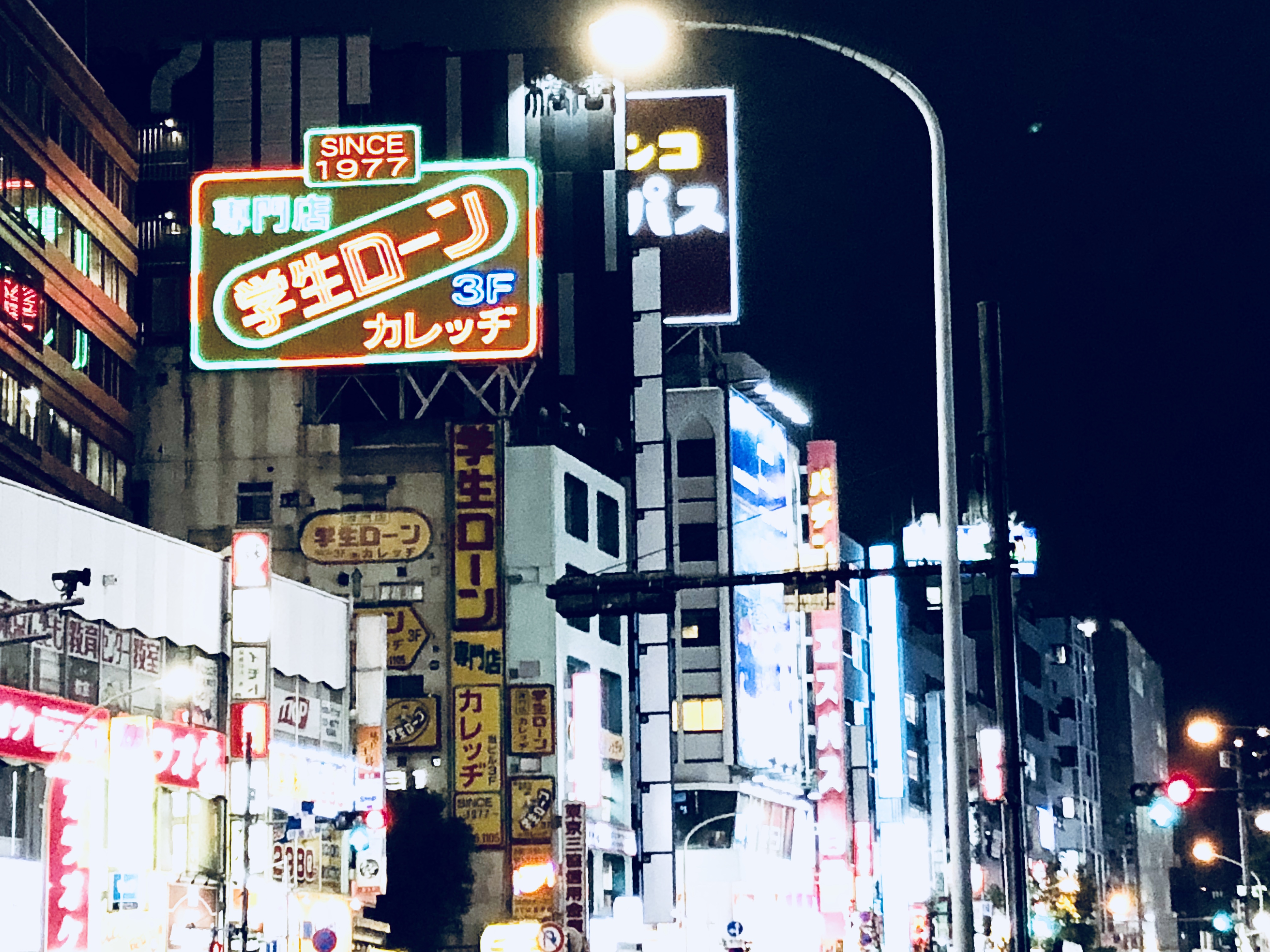
I’m not trying to sell you anything. And I’m being upfront with my skill level.
I’m not fluent in Japanese. Fluent by my definition is that I can talk about the same things in Japanese with the same deftness and skill as my native tongue. Failing that, I’ll take fluency as being able to handle myself like a Japanese native in 99% of situations – this includes filling out government paperwork, etc.
My fluency level now is conversational. That means I can talk to most Japanese people – however inelegantly or amusingly – and not only make myself understood in a way that doesn’t hurt my conversational partner’s head but in a way that I can understand them.
I still don’t know a ton of words and there are tons of advanced grammatical nuances I haven’t mastered, etc. But if you sit me down with a Japanese person, as long as their English level isn’t super high (I mean like university standard), we’re gonna speak in Japanese and they’re not gonna make a big fuss about me being a foreigner. I’ll forget I’m speaking Japanese and, apart from when I make a weird blunder or say something with a weird accent, they’ll forget the foreigner thing and we’ll just talk normally.
When I first started learning Japanese – the first couple of years – Japanese people with no English ability to speak of would try to speak English with me and flat out refuse to speak Japanese. Now, even if they have a respectable English ability, the conversation defaults to Japanese.
I dream in Japanese, can go to the cinema and watch movies without subtitles, I still don’t bother to read books in Japanese because it takes forever but I’ll read comics without furigana and without a dictionary, if the TV in the background is in Japanese I can’t concentrate on what I’m doing because I understand it whereas before it was like white noise, and my English ability has dropped considerably because sometimes when I want to say something the Japanese version will come out against my will and the English version is all but forgotten.
This is a level I’m happy at. I knew what it took to get to this level and the other goals I had to put on the back burner in order to get this far. I don’t want to go for perfect native educated fluency. This year isn’t about learning Japanese. I’ll maintain this level while I focus elsewhere.
But here’s how I got here in the first place, things I’ve learnt, and some advice I can give you so you can cut the time it takes you to get conversationally fluent down. I floundered a lot in my first two years of learning, made a lot of stupid mistakes, didn’t put my focus in the right areas, and basically wasted my time. It was only in the last 6 months that I doubled down and intelligently approached Japanese in a way where I had a breakthrough moment like, ‘holy shit, I can speak Japanese’.
Front-load incredible amounts of input
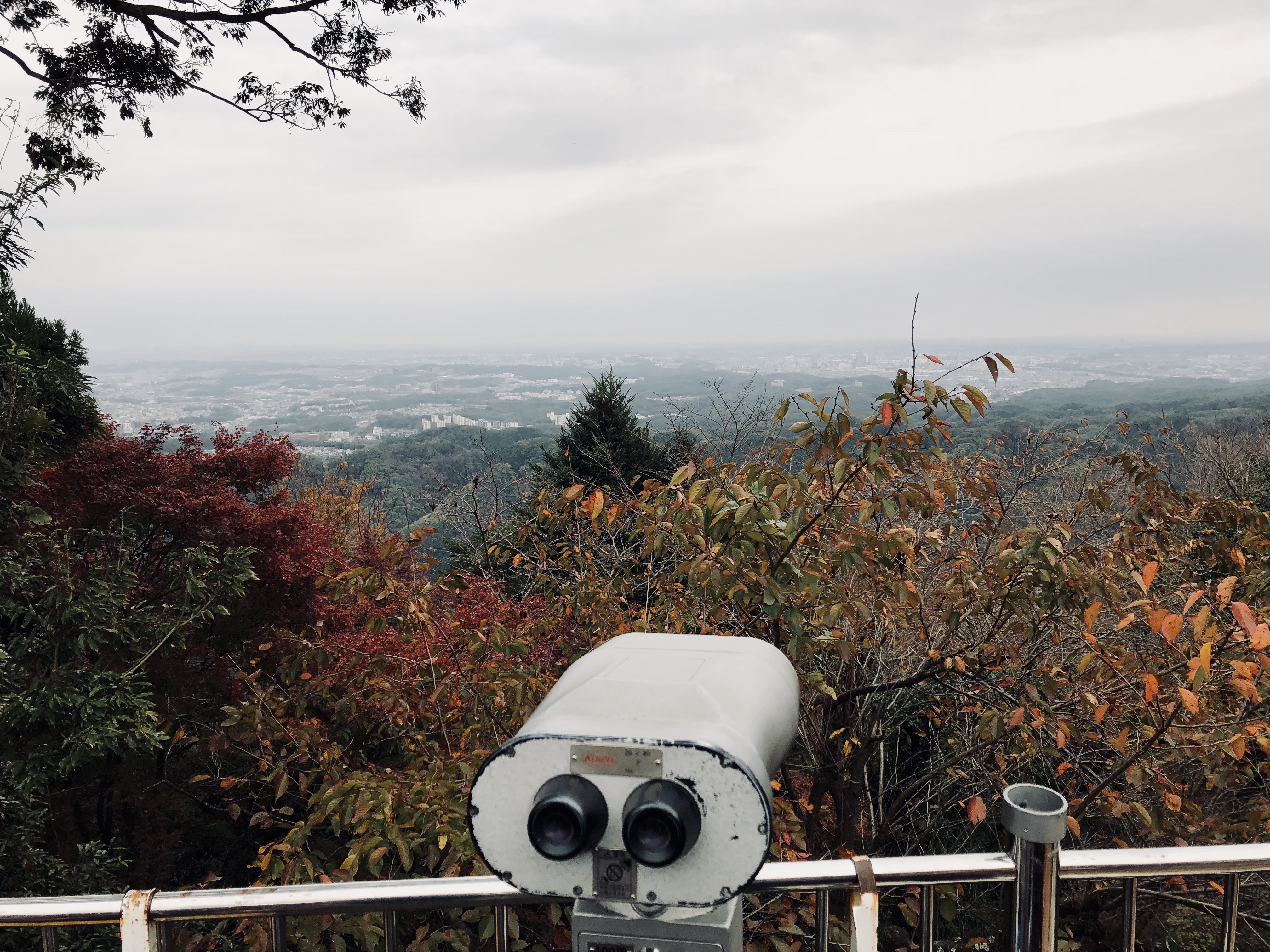
There’s this phenomenon in the Japanese learning community called AJATT: All Japanese All The Time.
It was started by a guy called Khatzumoto who shined a light on how to REALLY become fluent in Japanese at a time when the conversation about Japanese learning only included talk of Rosetta Stone and other useless crap.
Then recently, after Khatz went off the map (lots of drama here), a guy called Matt picked up the torch and started doing an incredible job in motivating Japanese language learners in the community.
I learnt a lot from Khatz and Matt.
The main principle, or the most important principle, from AJATT, in my opinion, is this:
INPUT, INPUT, INPUT.
Input trumps output.
A lot of traditional language gurus will tell you to “speak from day one” etc and force output.
Problem with this shit is you don’t know what the hell you’re doing.
It’s like telling someone who has never listened to music before in their life to just sit behind a piano and start playing.
Input influences output.
You can’t speak another language correctly until you’ve heard it spoken enough times.
And by “enough”, we mean a metric shit ton.
So AJATT’s principle is basically this:
Don’t speak Japanese. Don’t force output. Just listen to the language constantly. I mean like 24/7. That means when you watch a J-Drama, you then put the audio on your iPod and listen back to it constantly throughout your day (passively and actively) again and again and again until the rhythms of the language, the grammar patterns, and vocabularies sear into your brain.
My Japanese comprehension, and then later ability to speak, skyrocketed shortly after I resigned myself to almost complete immersion.
I never went as hardcore as some people in the Japanese learning community but, apart from family and work associates, I only spoke to Japanese people (listening more than I spoke) and I had Japanese media surrounding me almost all of the time.
If I had been more strict with it, immersing longer, I’m sure my current ability would be way better than it currently is. If Japanese learning were one of my main goals this year, I’d be listening to a Japanese talk show while writing this article. Instead I’m just listening to some chill music.
Advice to my younger self/you just starting out:
- Your first six months of Japanese learning: try not to say too much. You’ll want to try, but resist. Just listen. A LOT.
Don’t delay speaking too long though (out of fear of making a mistake)
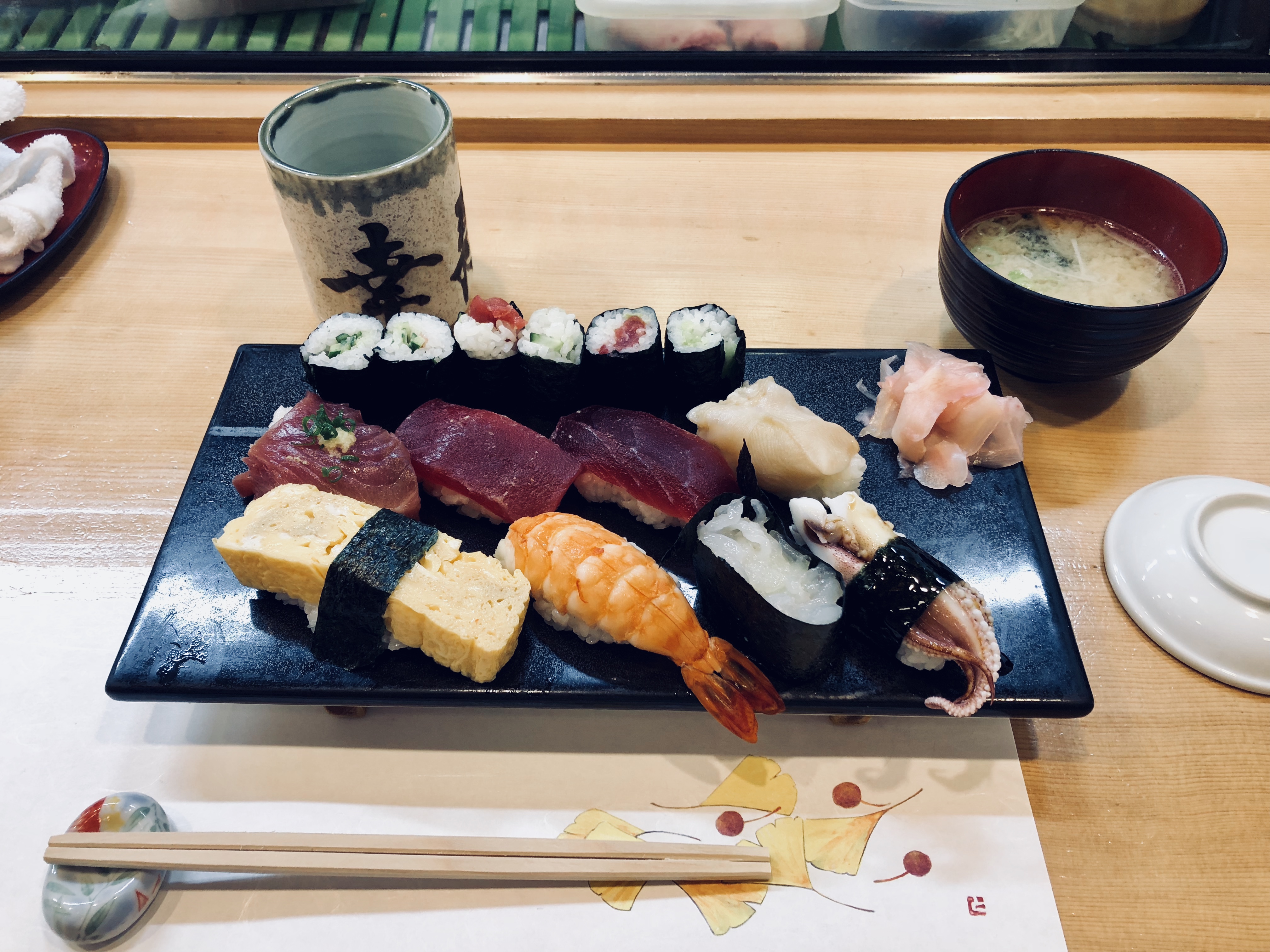
This seems like a complete contradiction to the previous point.
Get used to it. Language learning, like life, is full of principles that seemingly contradict each other.
Now while AJATT’s principles would have you mainly inputting for a long time, and would probably say outputting after 6-12 months is too early, I completely disagree.
If your goal is perfect Japanese accent and you’re in this for life, sure, go ahead and delay speaking as long as you want.
But if you’re cool with speaking with a foreigner accent and getting things wrong but still being able to communicate, then don’t delay too long when it comes to speaking.
I spent a long time in the company of Japanese people and yet always clammed up like a deer in headlights if I had to so much as express a food preference.
You have to get over this fear of looking stupid or fear of making a mistake.
The only way you’ll improve is if you actually use the language and fail many times.
Yes, I know saying something incorrectly can solidify that wrong thing and make it a habit that’s hard to undo later, but I’ve also experienced majorly embarrassing blunders that mean I forever remember and use the correct version. When it comes to having learnt bad habits, the solution is to become conscious of what you’re doing wrong and increase the input time.
Front-loading all that input time is only valuable when you come to actually try to talk. You’ll understand more than you’re able to say but that’s true in your native language too. This also isn’t a huge problem. If you understand another person, it doesn’t matter that you can’t reply perfectly. You can still find ways around not having the exact perfect word and communicate what you want.
Intensive speaking every day (and not caring about looking stupid) was like gasoline on the fire of my Japanese learning.
And by intensive speaking, I’m talking anywhere from 2-5 hours of Japanese conversation per day. Sounds like a lot, but not really – this just means you have to start having a social life in Japanese.
For a couple of weeks, I did two Japanese conversation lessons every day. That’s two hours. Of course, I wasn’t talking non-stop for two hours but I was engaged in Japanese for that time. Once those lessons were over, I’d speak to my girlfriend or friends (all Japanese) for a couple of hours. This hurt my head at first, but now I can do it effortlessly. The only thing that hurts my head now is having to switch back and forth rapidly between Japanese and English or do any translation.
Embrace katakana Engrish
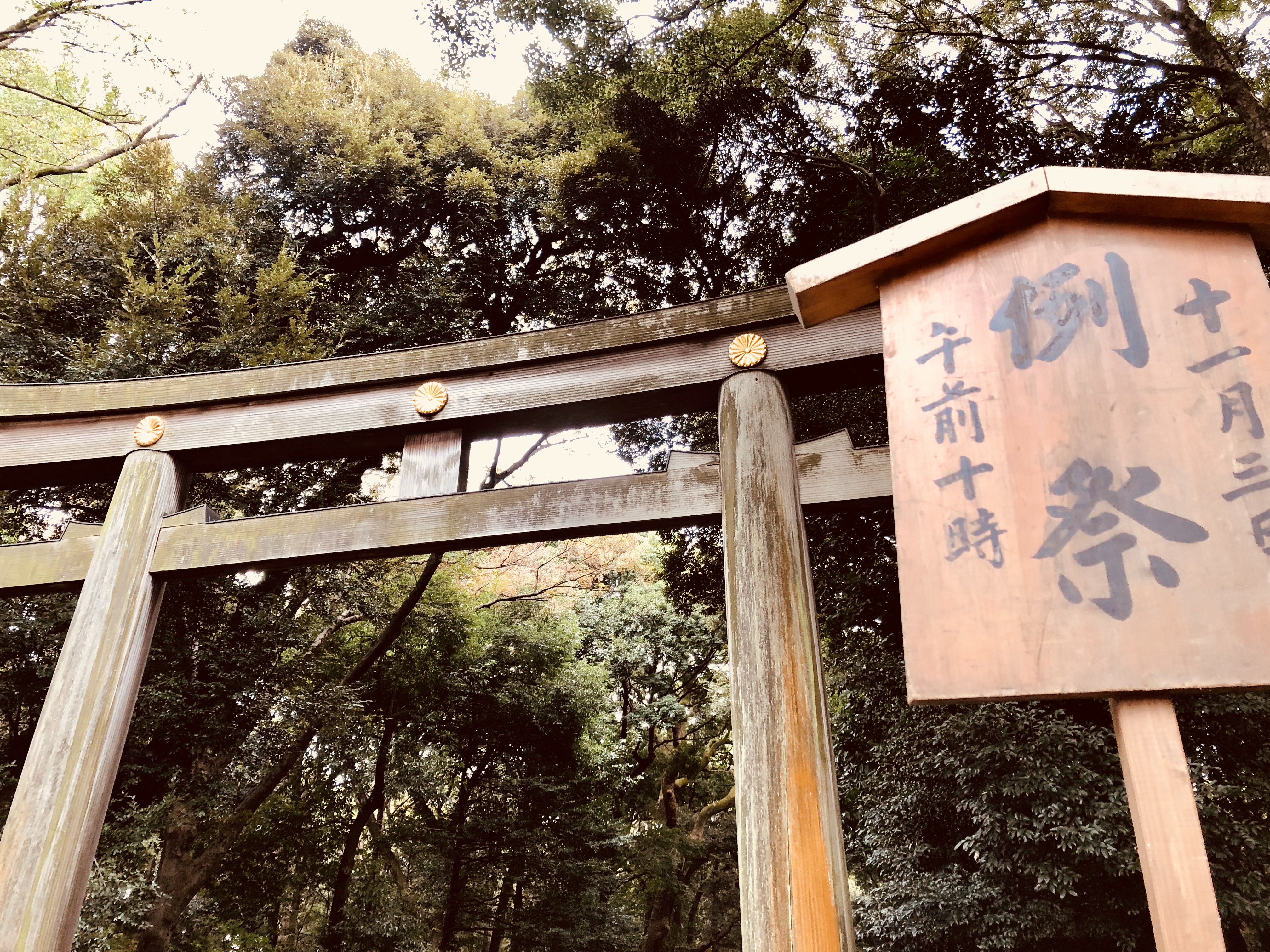
Here’s a dirty secret…
Actually it’s not so secret.
If you don’t know a word or phrase in Japanese, just pick the English version and say it in an exaggerated Japanese accent.
It shocks me how often this freaking works.
Sure, sometimes you’ll get a blank look. But so many times I’ve plumped for some really obscure technical term and the Japanese person I’ve speaking to hasn’t blinked or missed a beat.
Me: “Really? You actually say that?”
Japanese person: “Yes. Is it not Japanese?”
Japanese people are unaware of how many of their words come from English. If it’s anything technical, medical, food related, place related, product related, you can feel fairly secure that saying that same English word in a funny Japanese accent will keep the conversation flowing smoothly.
Learn how to describe things you don’t know the words for
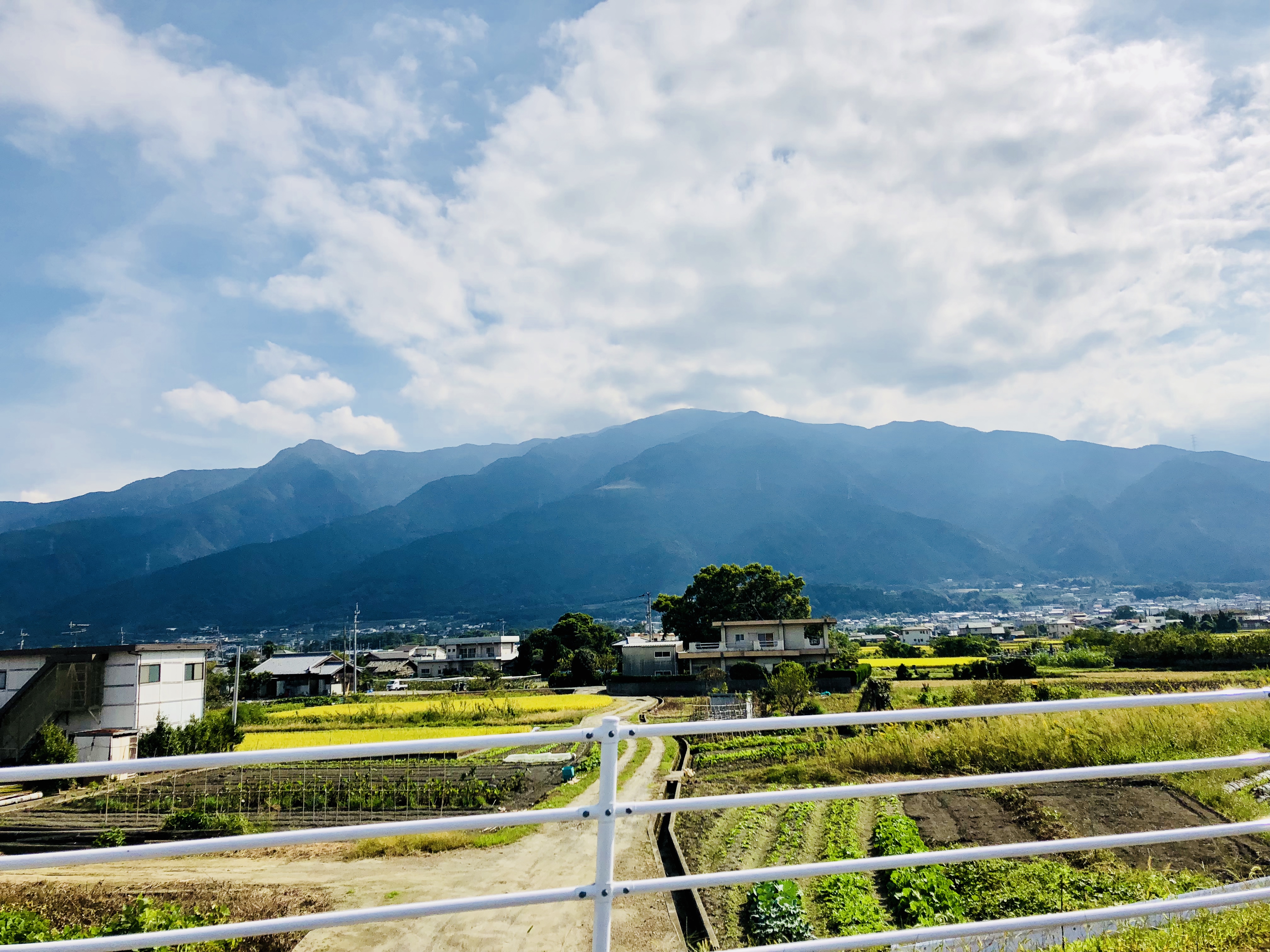
Here’s another amazing little hack that will just happen naturally after you get enough input and output under your belt…
You still won’t know a lot of words. Even if you do SRS (spaced repetition drills) using a flashcard system like Anki (which I highly recommend), you’ll find that there are tons of gaps in your knowledge.
But you’ll get to the point where you still understand what someone is saying and you’ll probably even be able to have a good guess at the unknown word. When it comes to saying things when you don’t have the words, you can just do it super inelegantly like this:
“Where’s the machine that makes the clothes clean?”
“You mean washing machine?”
“Ah, yeah! Washing machine. Washing machine.”
We do this in our native languages too. So it’s not that peculiar to Japanese. You’ll still sound adept in the language because, hey, you just got the information you needed to know and you did it without using a translation app or flailing your hands and speaking English in a loud slow condescending voice.
And once you start doing this, you’ll find this is one of the most effective ways to learn vocabulary. You won’t need to do tons of flashcard repetitions for “washing machine” after you’ve learnt it this way. Once is enough. That’s when you start seeing a real quick inflection in your Japanese level.
Make Japanese learning your main goal (then back off)
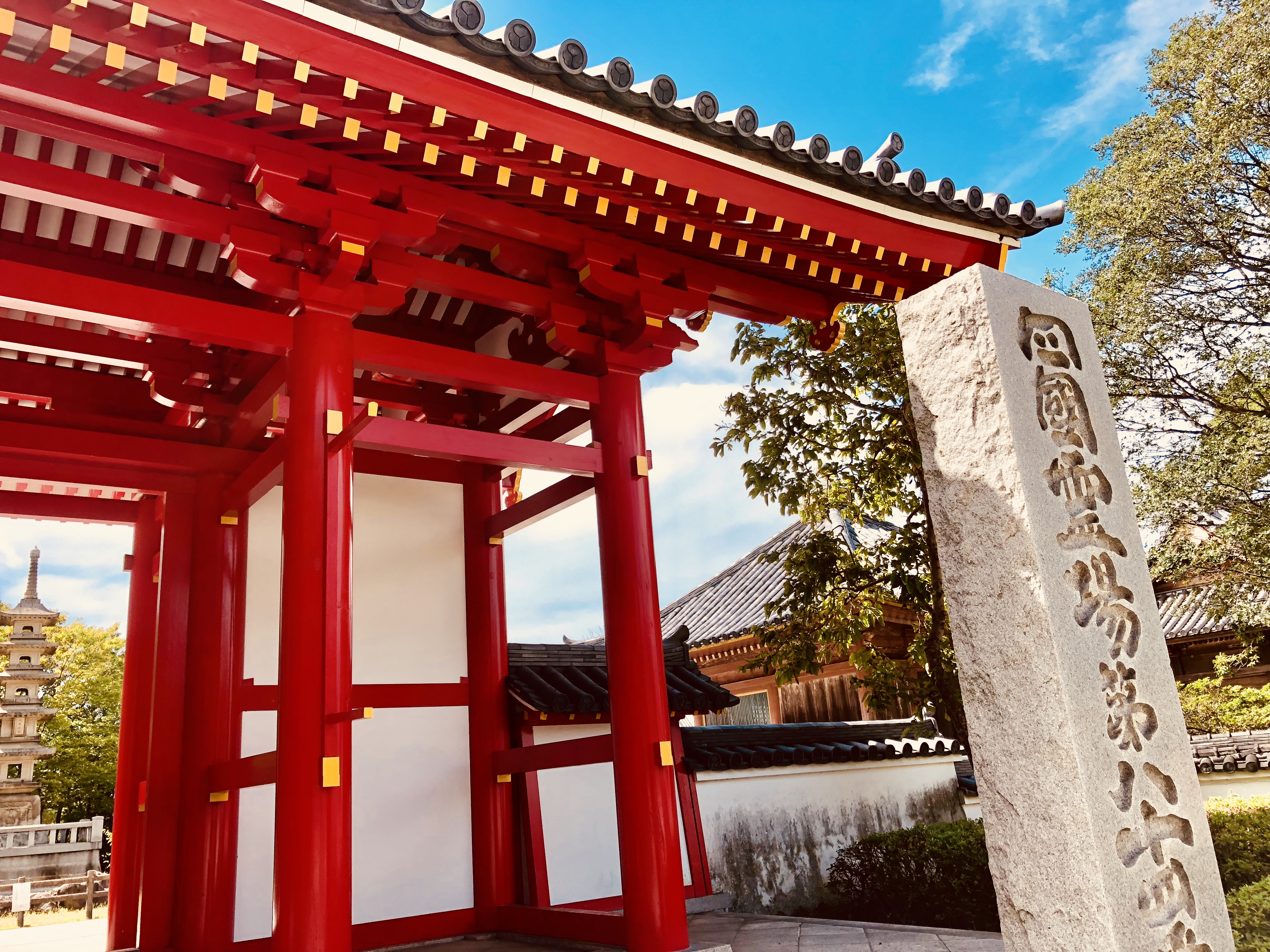
You won’t get anywhere half-assing Japanese.
I studied for a couple of years in a lazy, unmethodical, sporadic and illogical way. At the end of those two years, I still couldn’t understand or say shit.
Then I studied in a super intense and focused way for 6 months. Suddenly I could sit at a bar with a Japanese friend and chat for several hours. Not about astrophysics, not about deep philosophical questions. But normal everyday stuff was no problem. And that’s mostly what conversation is anyway.
If you’re trying to do anything else big at the same time (e.g. make a lot of money, get into a competitive new career, get into the best shape of your life), your Japanese is going to suffer.
I say, make your Japanese goal a top goal (number one or number two) and hit it hard and logically for a year. Then back off and maintain it once you’re conversational.
Pay attention to pronunciation (not for the reasons you think)
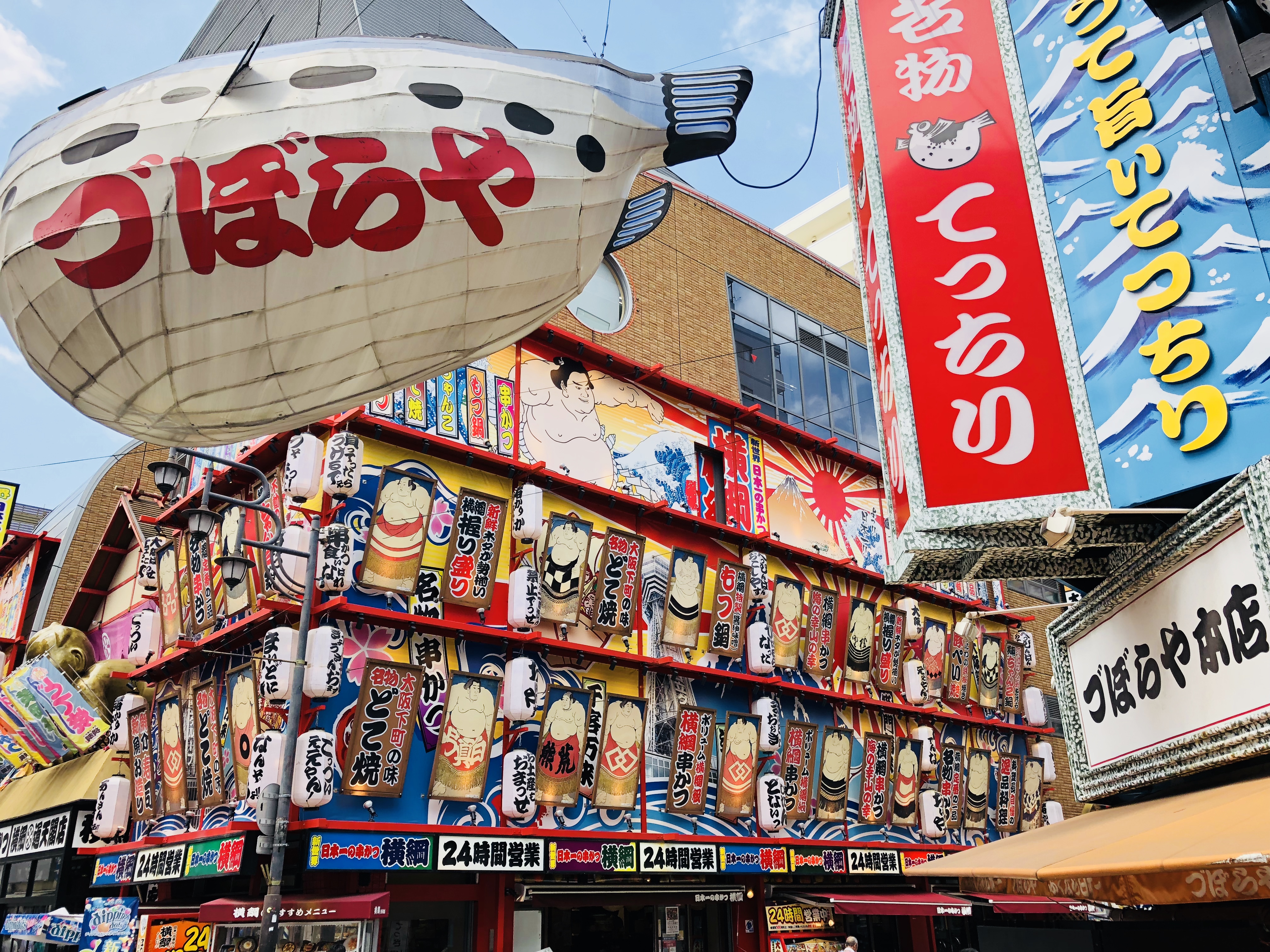
Dogen has an excellent series on his Patreon about learning the phonetics of Japanese pitch accent.
You absolutely don’t need to become an expert or try to attain flawless Japanese accent all the time. That would probably take at least a decade or two or complete immersion and active consistent study.
But I highly recommend you subscribe to that series and follow the exercises.
Make learning pronunciation a core part of your learning habit. If you can dedicate at least 30 minutes a day, 4-5 times a week to focused deliberate pronunciation practice it will serve you extremely well.
Speaking Japanese (at least the basics and opening conversation pieces) with an okay accent (not overly gaijin) will mean Japanese people WON’T SWITCH TO BAD ENGLISH OR IGNORE YOU.
A good accent on a few basic phrases or basic conversation topics/words/etc will deceive Japanese people into thinking you’re way more fluent than you are. You’ll then get even more input and conversation practice because they’ll speak to you at a normal native level with the assumption you can understand.
When people complain that Japanese people won’t speak English to them, they often think it’s a racism thing or because Japanese are shy and don’t want the struggle of misunderstandings. That is partly true in some cases. But if you have a decent enough pronunciation, that stuff disappears pretty quickly.
A lot of people (including the AJATT crowd) advocate putting a lot of upfront time into studying kanji. Of course, kanji is important and you shouldn’t neglect it in your studies, but I’ll tell you my goal with Japanese was to actually be able to speak it. I was studying kanji too much and my reading ability was good but I couldn’t talk to anyone! When I swapped the amount of time I was spending studying kanji for studying pronunciation my ability to speak took off.
Learn through experience and forget English
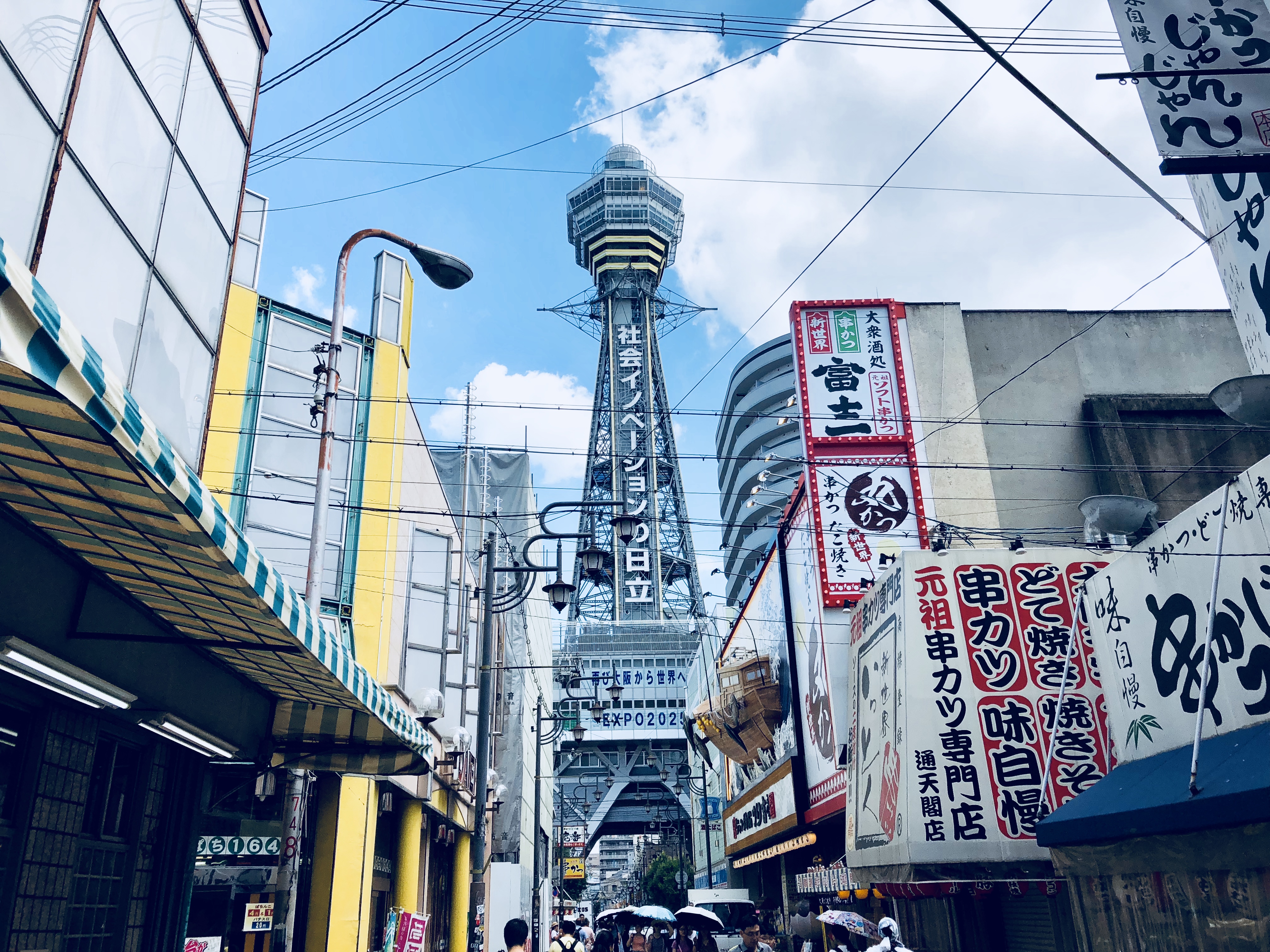
This is just another way of saying “immersion”.
Being in the country is the best way to accelerate your Japanese learning as long as you:
- Don’t expect simply existing in Japan to do anything for your ability. You still need tons of conscious input and output. Osmosis isn’t an effective language learning strategy.
- You stay away from the gaijin bubble. There’s a strong English speaking expat community in the major Japanese cities (Tokyo, Osaka, etc). You can live your life entirely in English in Japan. The only remedy I can see for this is saying no right from the start. It will be lonely and stressful to begin with, but later your newfound Japanese ability will thank you. Then you can go make all the gaijin friends you want (they’ll probably be more fun to hang out with anyway, but that’s a topic for another day).
So just do stuff in Japanese. Live your life in Japanese. And stay away from English as much as possible.
That’s how I’d plan it out if I could go back and do my Japanese language learning again.